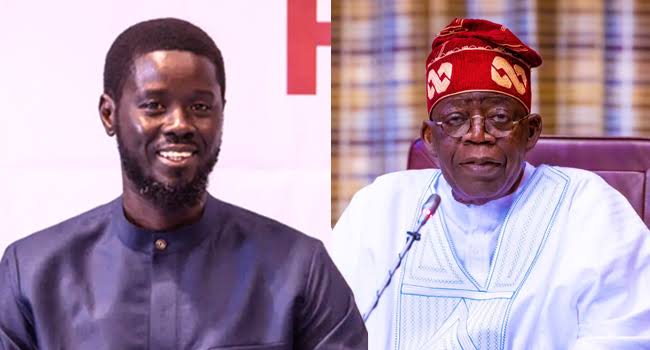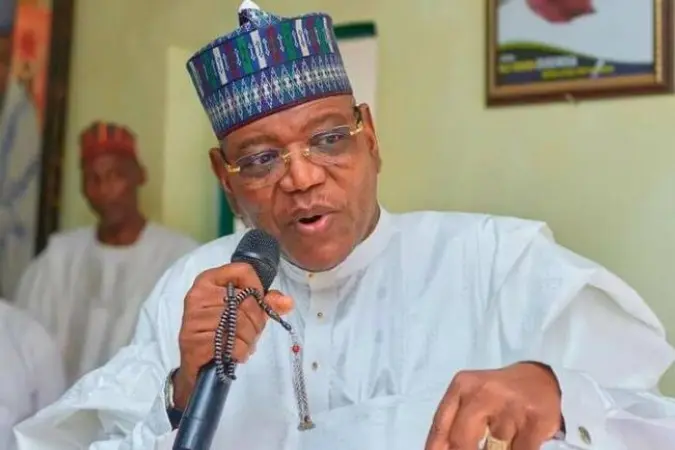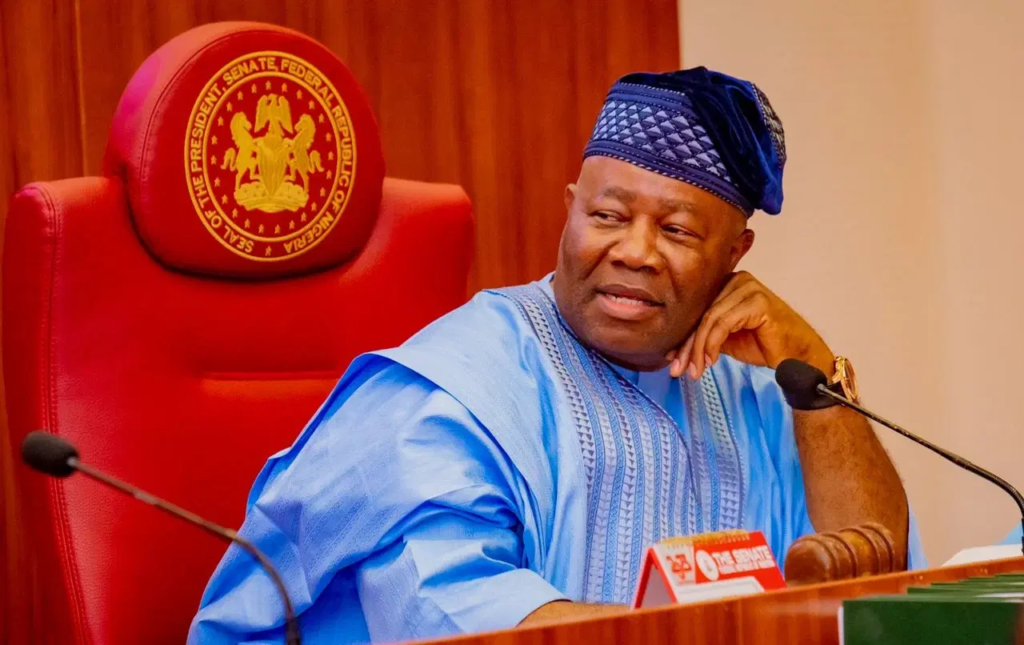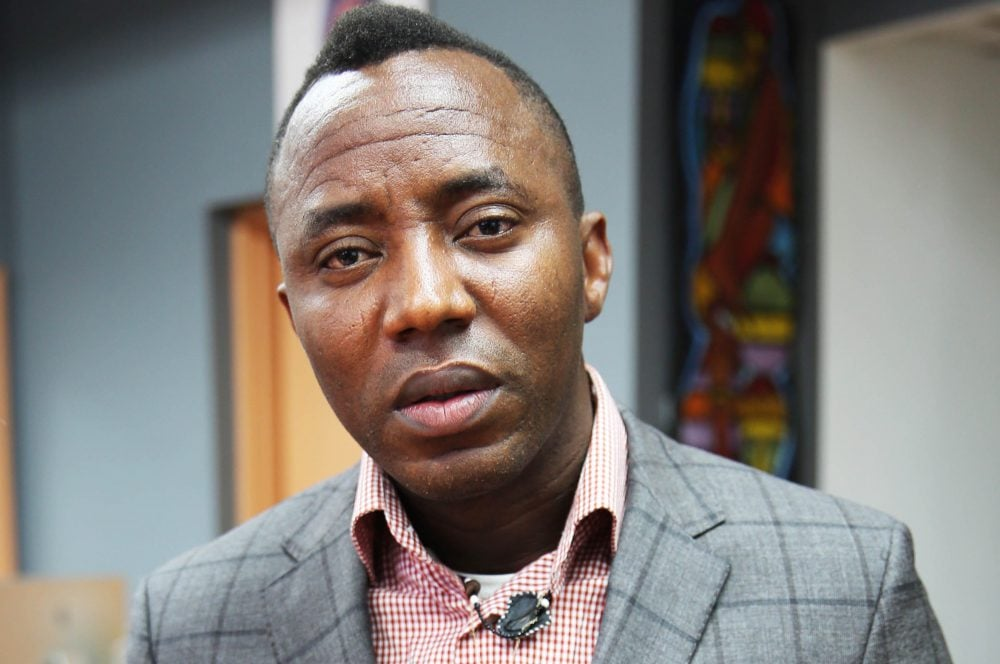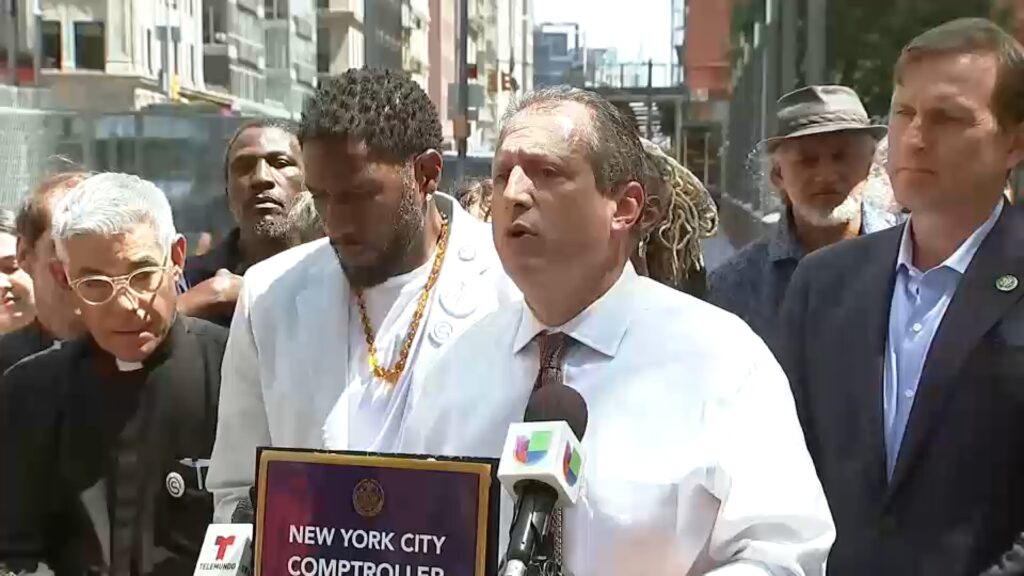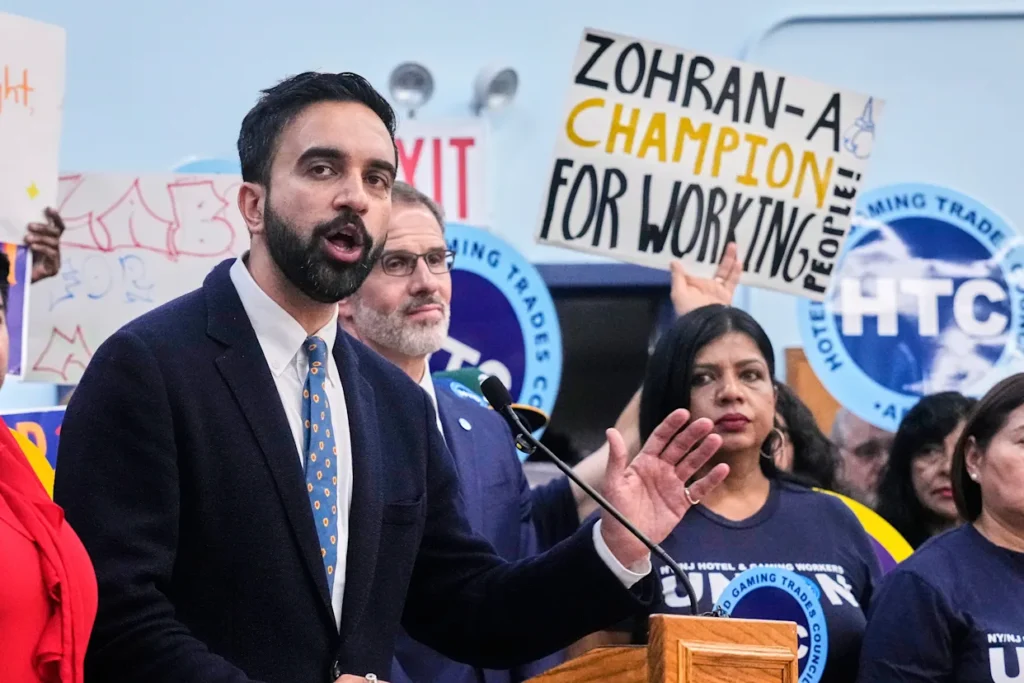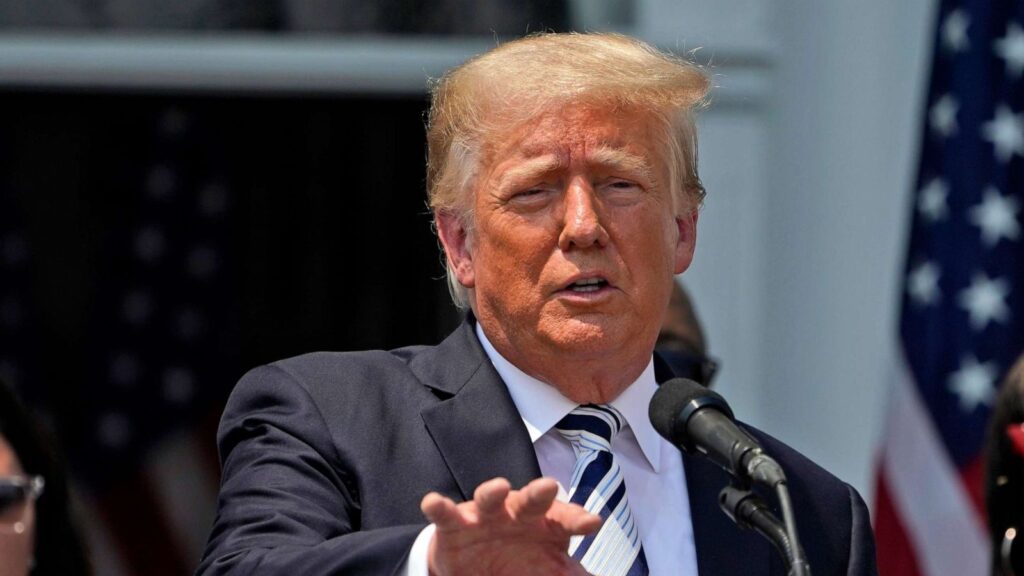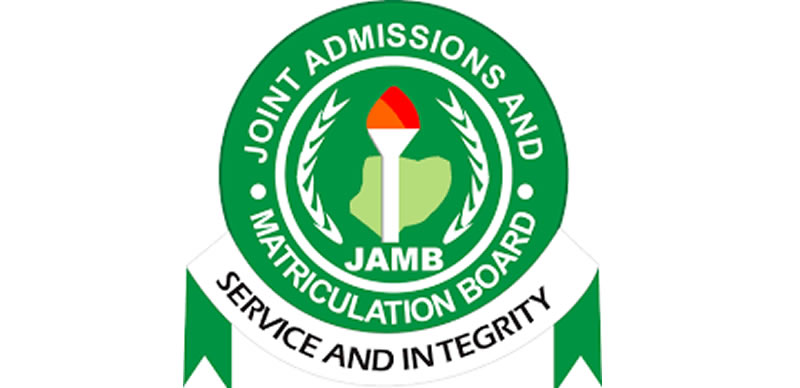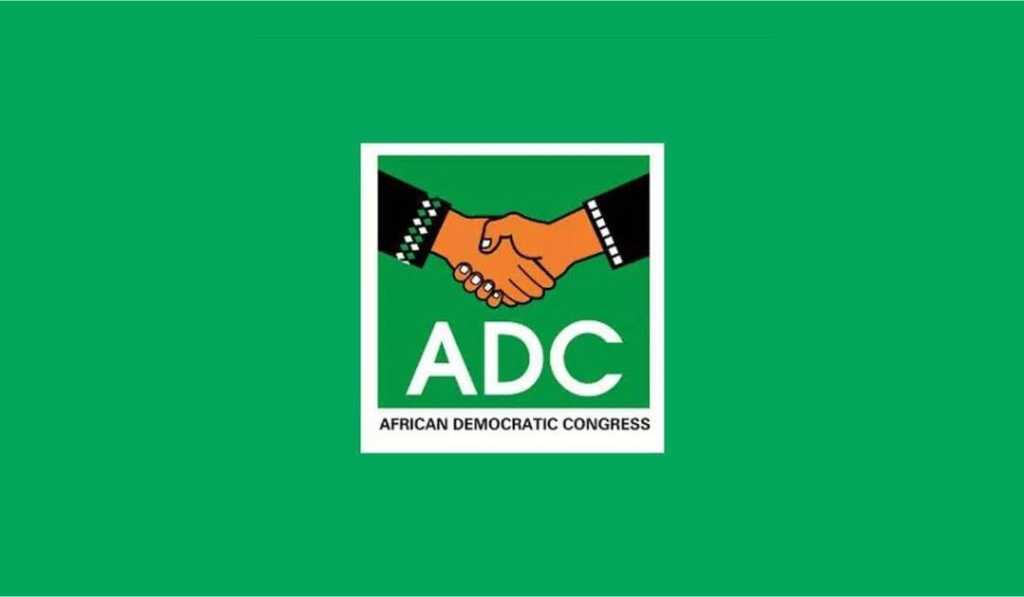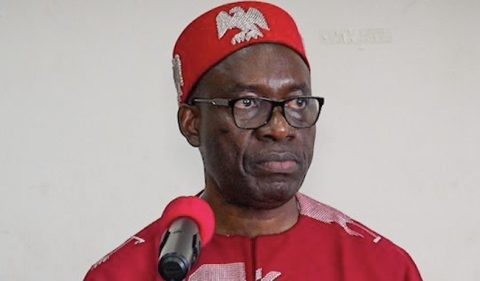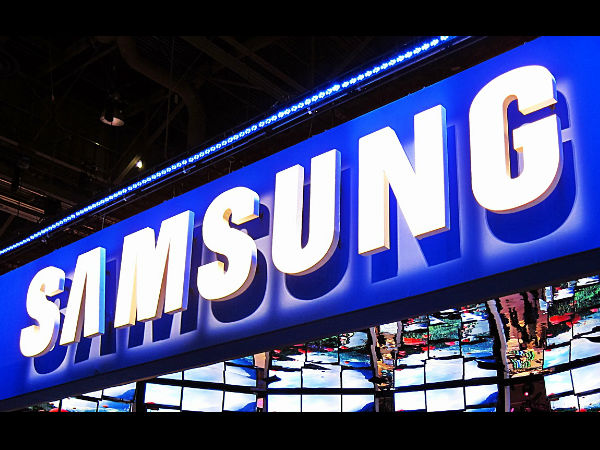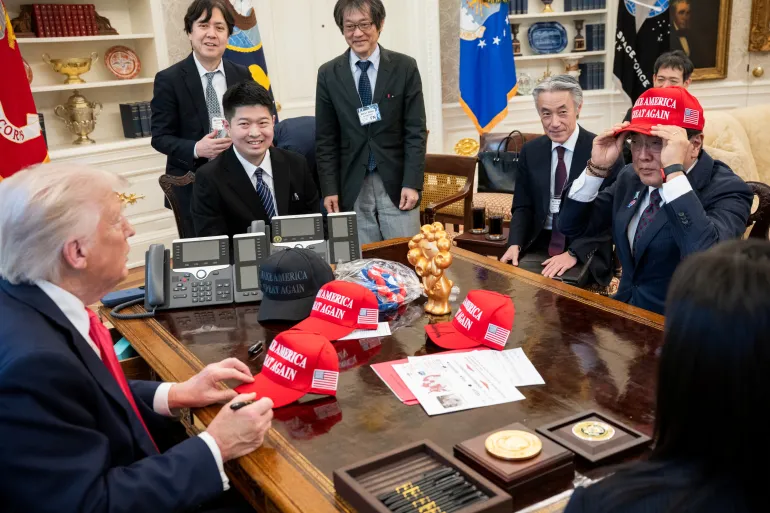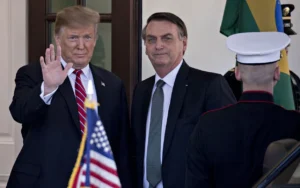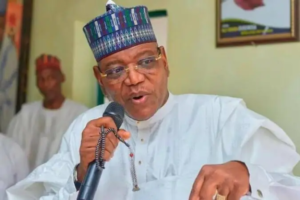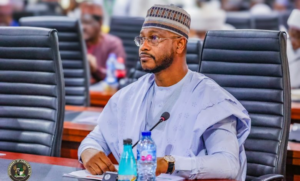President Bola Tinubu is set to depart Abuja on Tuesday for Dakar, Senegal, to attend the inauguration of Senegal’s President-elect, Bassirou Diomaye Faye.
A press statement by the Special Adviser to the President (Media & Publicity), Chief Ajuri Ngelale on Monday, said the president’s trip is at the invitation of the Republic of Senegal.
The trip, scheduled at the invitation of the Republic of Senegal, will witness President Tinubu’s participation as the Chairman of the Economic Community of West African States (ECOWAS) Authority of Heads of State and Government.
Accompanying President Tinubu on the trip will be the Minister of Foreign Affairs, Yusuf Tuggar, and other senior government officials. The president is expected to return to Nigeria following the conclusion of the inauguration ceremony at the Diamniadio Exhibition Centre.
Background on President-elect Bassirou Diomaye Faye
Bassirou Diomaye Faye, commonly known as Diomaye, emerged as Senegal’s president-elect, securing a remarkable victory despite humble beginnings and a stint in prison.
His ascent to power, propelled by a promise of radical change and guided by a charismatic mentor, defied conventional expectations.
Faye, who clinched victory with 54.3 percent of the vote, won over voters with an anti-establishment message and the backing of opposition figurehead Ousmane Sonko.
His modest personality and left-wing pan-Africanist agenda resonated with the electorate, leading to a decisive first-round victory.
Upon his inauguration, Faye, aged 44, will become Senegal’s fifth and youngest president since independence from France in 1960.
In his victory speech, he emphasized national reconciliation, addressing the cost-of-living crisis, and combating corruption as his top priorities.
Faye’s vision includes restoring national sovereignty, proposing a new national currency, and prioritizing investments in agriculture and industry to tackle unemployment. He also aims to strengthen regional alliances and recalibrate international partnerships for mutual benefit.
Partnership with Ousmane Sonko
Faye’s political journey has been closely intertwined with Ousmane Sonko, a popular opposition leader who endorsed Faye after being disqualified from the presidential race.
Together, they founded the Pastef political party in 2014, which authorities dissolved last year.
Released from prison on March 14 under an amnesty, the allies embarked on a whirlwind campaign tour to the delight of huge crowds, who chanted “Sonko mooy Diomaye, Diomaye mooy Sonko”, or “Sonko is Diomaye, Diomaye is Sonko”.
“They are two sides of the same coin with two different styles,” said Moustapha Sarr, a trainer of former Pastef activists.
Personal Background and Interests
Coming from a modest rural background, Faye’s upbringing in Ndiaganiao village shaped his values and outlook on governance.
Faye, a practising Muslim with two wives who often sports a trademark wide-sleeved boubou robe, embodies a new generation of Senegalese politicians.
The father-of-four was born into a modest family of farmers in remote Ndiaganiao, a village 150 kilometres (93 miles) from the capital Dakar with no health centre or tarmac roads.
Faye left Ndiaganiao to study at Dakar’s prestigious National Administration School but says he regularly returns to the village.
“Diomaye was a little shepherd who watched over his goats in the fields,” said Mor Sarr, one of his best friends.
Faye “has always been very close to his mother, Khady Diouf”, helping her with household tasks, Sarr added.
His affinity for mixed martial arts, swimming, reggae music, and admiration for global icons such as Barack Obama and Nelson Mandela reflect his diverse interests.
Described as a “good boy” by his uncle, Faye’s commitment to public service and understanding of Senegal’s realities position him as a promising leader poised to usher in transformative change.

